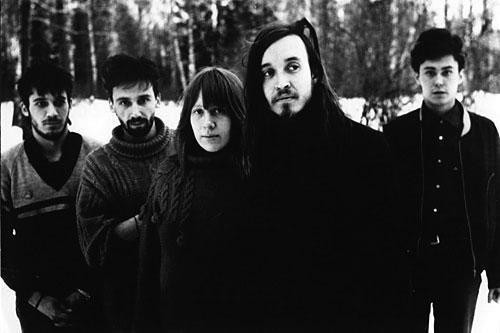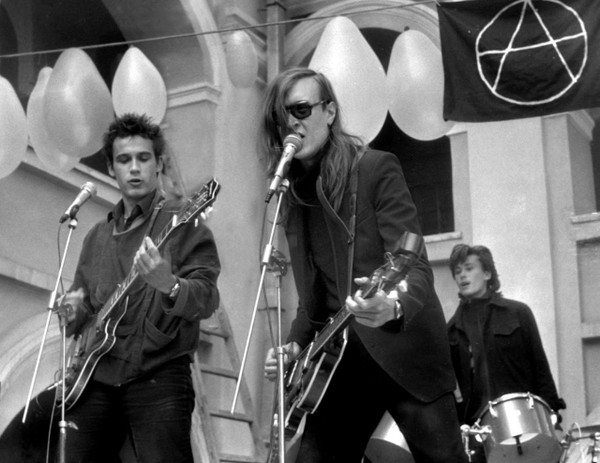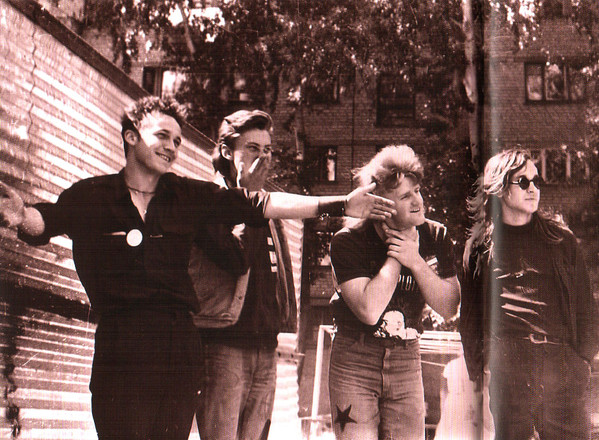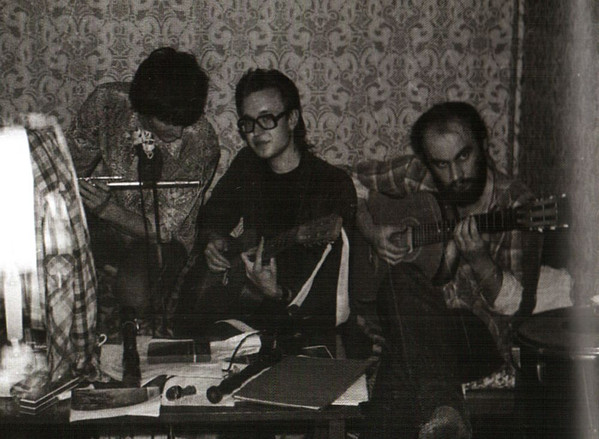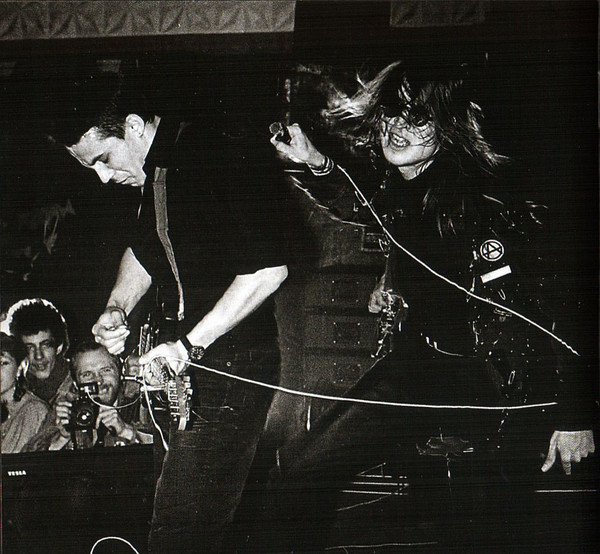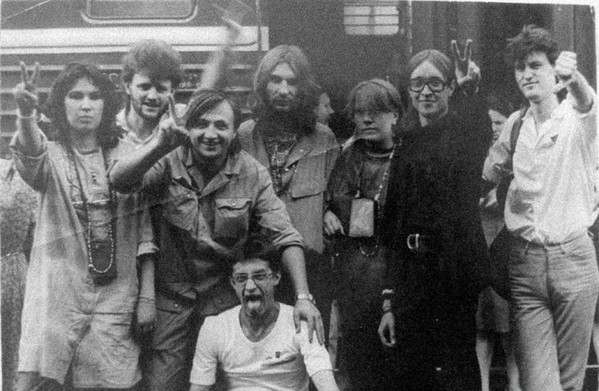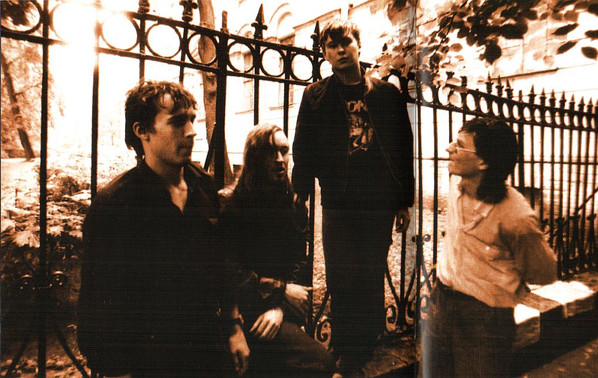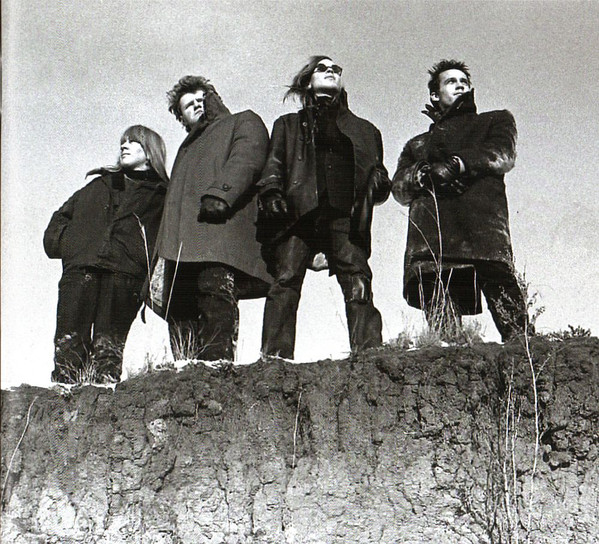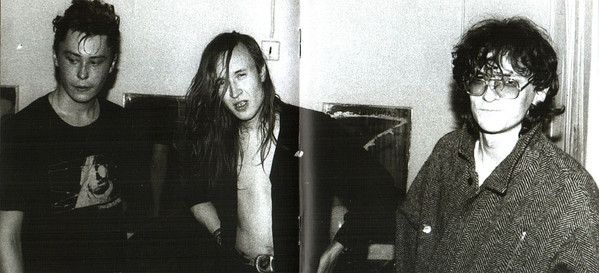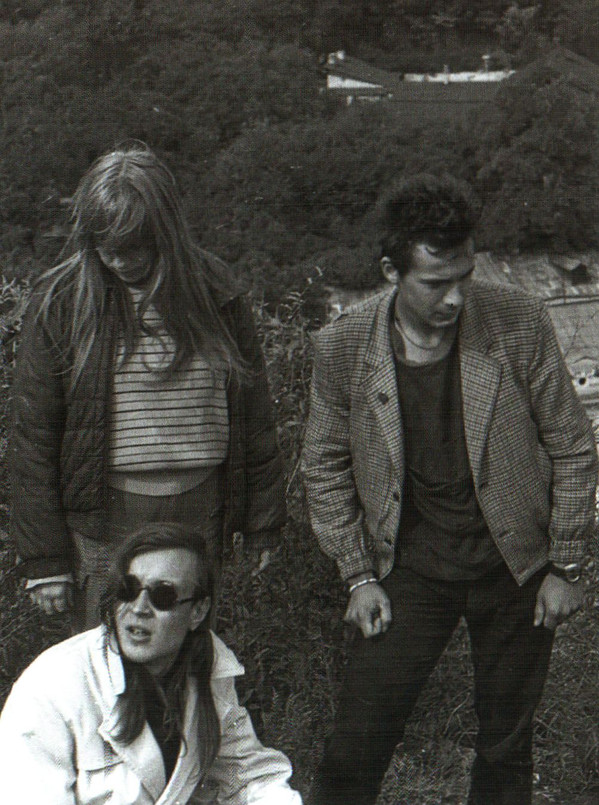Гражданская Оборона
Настоящее имя: Гражданская Оборона
Об исполнителе:
Grazhdanskaya Oborona formed in the Siberian city of Omsk by bandleader Yegor Letov. Over the long history of the group, Letov would go on to be its only constant member. Setting his group apart from other Russian groups of the period that were only nominally objectionable to the tenets of Communism, Letov branded Grazhdanskaya Oborona with the slogan "I will always be against." Grazhdanskaya Oborona are synonymous in Russia with self-destructive punk energy in the name of social dissidence. Grazhdanskaya Oborona started in 1982 as the group Posev (Sowing), which included founder Letov, who played drums and sang and who joined forces with bassist Konstantin Ryabinov. But because of the group's unapologetically defiant stance against the administration and aggressive music that condemned militarism and totalitarianism (some song titles included "I Hate the Red Color" and "Good Tsar, Familiar Stink"), it immediately became a target for the KGB. Letov was subsequently committed to a mental ward, and Ryabinov was sent to the Army. In 1984 Letov formed Grazhdanskaya Oborona and immediately began to write and record albums. He would often record all on his own, though he credited other musicians, who were really just pseudonyms. His style verged toward lo-fi, noisy punk rock, occasionally drawing inspiration from Russian folk tunes. His many albums were recorded with minimal technology in Letov's apartment or the apartments of friends and a changing cast of collaborators. He was so prolific, recording other groups as well, that his apartment came to be known as GrOb Studio, or GrOb Records. The albums recorded during this period were 1985's Nasty Youth (the first album ever composed by Letov) and Optimism; 1987's Necrophilia, Red Album, Totalitarianism, and It's Good; 1988's This Is How the Steel Was Tempered, Fighting Stimulus and Everything Goes According to Plan; and 1989's War, Fine and Forever, Armageddon-Pops, Russian Field of Experiments and the live record Songs of Joy and Happiness. During this period of heavy censorship and monitoring by the Soviet administration, GrOb's albums were copied many times and passed from one friend to the next. This system was named the magnitizdat network after the illegal samizdat self-publication and distribution of the literature of dissident authors throughout the Soviet Union. The group occasionally performed at small amateur venues and played a few rock festivals, which on one notable occasion ended with the electricity being cut off by KGB officials in the audience. In 1987 Letov formed the band Veliki Oktyabrya (Great Octobers) with Yanka Dyagileva, who would become his common-law wife. They traveled the country, playing songs and evading the KGB. They recorded three albums rooted in folk music: No Permission in 1987, and Go Home and Angedonia in 1989. He started working on the conceptual project Kommunizm (Communism), where kitschy Soviet art and Stalinist poetry were accompanied by Letov's dissimilar compositions. GrOb's sound mainly consists of either distorted electric or acoustic guitars, simple bass lines, rudimentary percussion and Letov's deeply impassioned voice. Letov's music experimented with lo-fi and noise. During the late 80's they also started occasionally implementing harsh industrial sounds in the background of the music. His lyrics became more irrational, and Letov began releasing recordings of his solo performances. He was incredibly prolific, releasing more than 30 albums under the name Grazhdanskaya Oborona. Yegor Letov died on 19 February 2008 from heart respiratory standstill in sleep at his home in Omsk. He was 43 years old.
